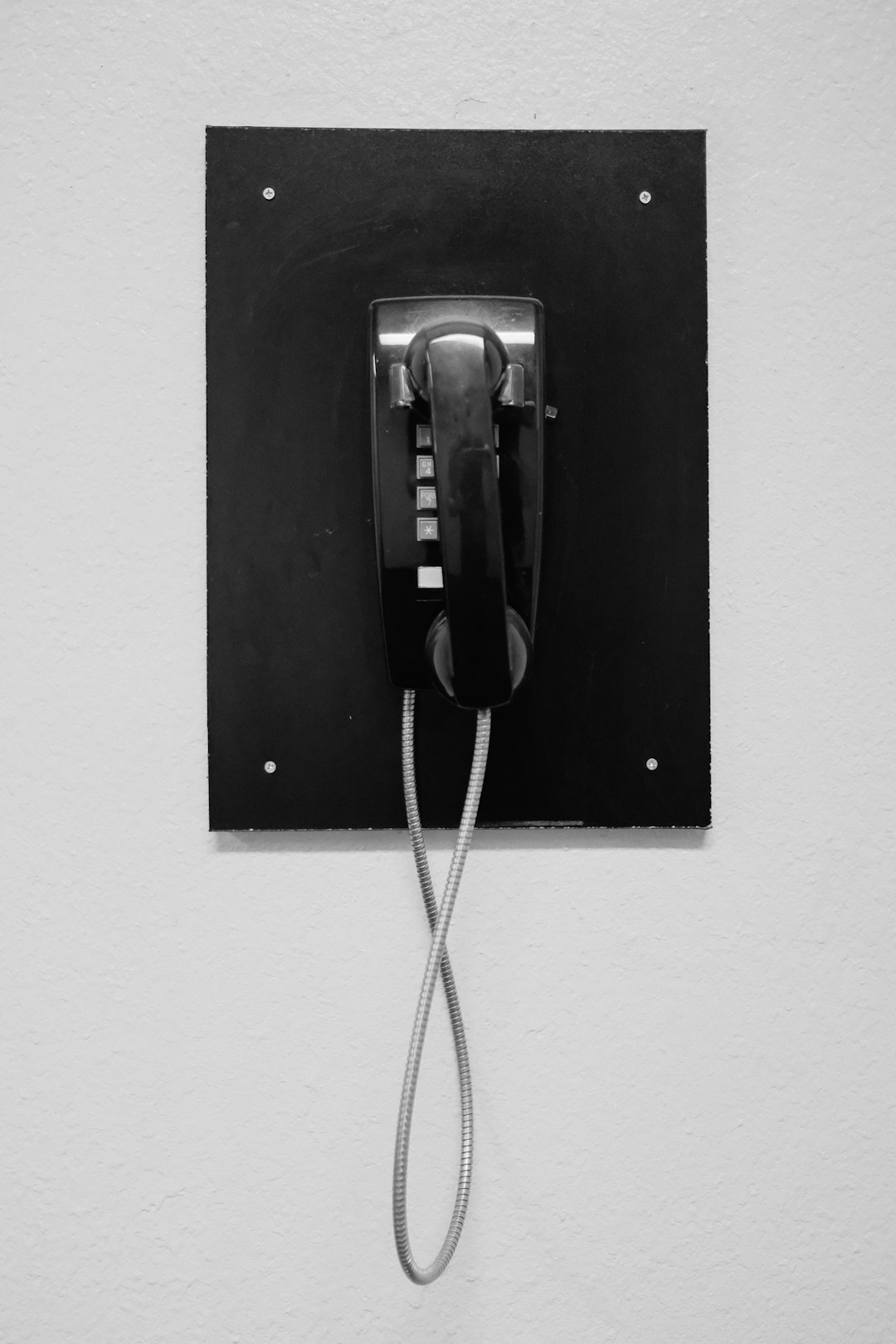South Dakota laws strictly regulate debt collector reporting to credit bureaus, with consumers having rights to challenge inaccurate listings. Debt collector attorneys SD guide individuals through these complexities, ensuring fair and accurate reporting. Consumers can dispute debts with credit bureaus and collect agencies under FDCPA protections, consulting an attorney for legal action against unfair tactics. Strict adherence to regulations is crucial for collectors, avoiding legal repercussions and potential lawsuits from debtors. Disputing inaccurate debt reporting involves gathering evidence and contacting credit bureaus; a debt collector attorney SD can provide guidance.
“In South Dakota, understanding the laws surrounding debt reporting is crucial for both consumers and businesses. This article delves into the state’s regulations on credit bureau notifications, shedding light on the rights and obligations of all parties involved. From the role of debt collectors to consumer protection and dispute resolution, we explore essential aspects. If you’re in need of legal guidance regarding a debt collector in SD, this guide offers valuable insights, empowering you with knowledge to navigate these complexities effectively.”
Understanding South Dakota's Debt Reporting Laws

South Dakota has specific laws governing the reporting of debt to credit bureaus, which are designed to protect consumers from inaccurate or unfair information on their credit reports. These laws are crucial for individuals dealing with debt collectors in the state. Under South Dakota law, debt collectors must provide accurate and verifiable information when reporting debts. They are prohibited from intentionally or negligently including false or misleading data.
A debt collector Attorney SD can help consumers understand their rights and navigate any issues related to debt reporting. If a consumer believes their debt has been reported incorrectly, they have the right to dispute the information with both the credit bureau and the debt collector. This process involves providing documentation to support the dispute and requesting verification of the debt’s accuracy from the collector.
Role of Debt Collectors in Credit Reporting

Debt collectors play a significant role in credit reporting, as they are often responsible for initiating and facilitating the process of reporting delinquencies to credit bureaus. In South Dakota, debt collector attorneys work closely with both debtors and creditors to ensure accurate and timely reporting. When a debt goes unpaid, a debt collector may get involved, attempting to resolve the issue through various means, including negotiation, payment plans, or legal action.
During this process, they are required by law to maintain detailed records of their communications and activities related to the debt. These records are crucial in verifying the accuracy of any information sent to credit bureaus, such as Equifax, Experian, or TransUnion. A debt collector attorney in SD ensures that their clients’ rights are protected while adhering to the strict regulations surrounding credit reporting practices, promoting fairness and transparency for all parties involved.
Consumer Rights When Dealing with Collectors

When dealing with debt collectors in South Dakota, consumers have specific rights protected by law. According to the Fair Debt Collection Practices Act (FDCPA), debt collectors must adhere to strict guidelines when communicating with individuals about their debts. Consumers have the right to request validation of the debt, meaning the collector must provide proof that the debt is legitimate and the amount owed is accurate. They are also entitled to dispute the debt and request a cease and desist letter if they feel harassed or mistreated during collection efforts.
In South Dakota, consumers can take legal action against a debt collector who violates their rights under the FDCPA. Consulting with a debt collector attorney in SD is advisable for those facing persistent or aggressive debt collection practices. These attorneys specialize in protecting consumer rights and can guide individuals through the process of asserting their legal protections against unfair debt collection tactics.
Legal Obligations for Businesses Reporting Debt

In South Dakota, businesses engaging in debt collection activities have specific legal obligations when it comes to reporting debt to credit bureaus. According to state laws, debt collectors must adhere to strict guidelines to ensure fair and accurate reporting. They are required to obtain valid and current information from the debtor before submitting any details to credit agencies. This includes verifying the amount owed, the identity of the debtor, and the nature of the debt.
A debt collector in SD must also provide debtors with the right to dispute any inaccurate or unverified information. If a consumer challenges the validity of the debt, the collector has a legal duty to investigate and either verify or delete the disputed entry from the credit report. This process is designed to protect consumers’ rights while maintaining the integrity of credit reporting systems. Businesses failing to comply with these regulations may face legal consequences, including potential lawsuits initiated by affected individuals or interventions from relevant authorities, such as a debt collector attorney in South Dakota.
Steps to Dispute Inaccurate Debt Reports

If you believe a debt collection agency or creditor has reported inaccurate information about your debt to credit bureaus, it’s crucial to take action and dispute it promptly. Here are the steps to navigate this process in South Dakota:
1. Gather Evidence: Collect all relevant documents related to the disputed debt. This may include account statements, payment records, contracts, or any communication from the debt collector. Ensure these materials clearly show that the information reported is incorrect or incomplete.
2. Contact the Credit Bureau(s): Write a formal dispute letter addressed to each of the three major credit bureaus (Equifax, Experian, and TransUnion) in South Dakota. Provide detailed explanations and evidence supporting your claim. The credit bureaus are legally obligated to investigate these disputes and verify the accuracy of the reported information.






